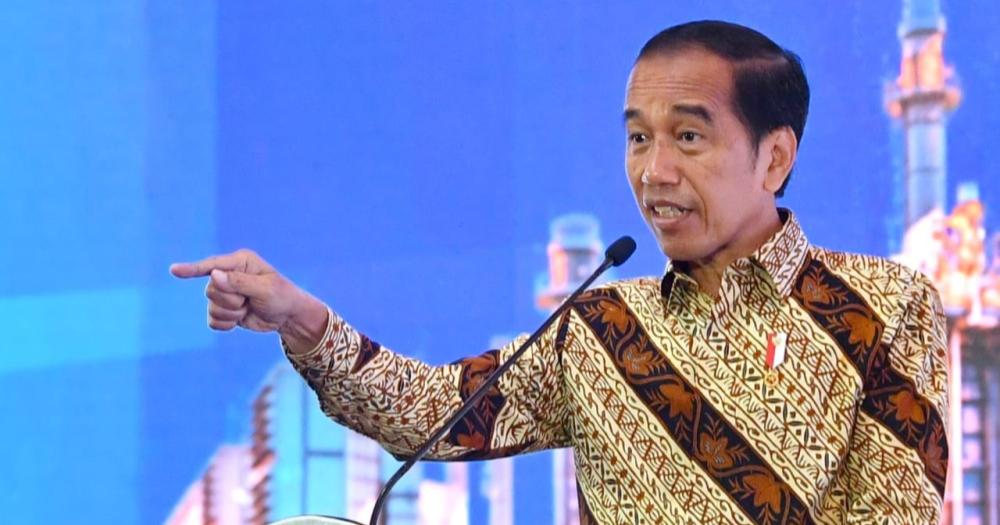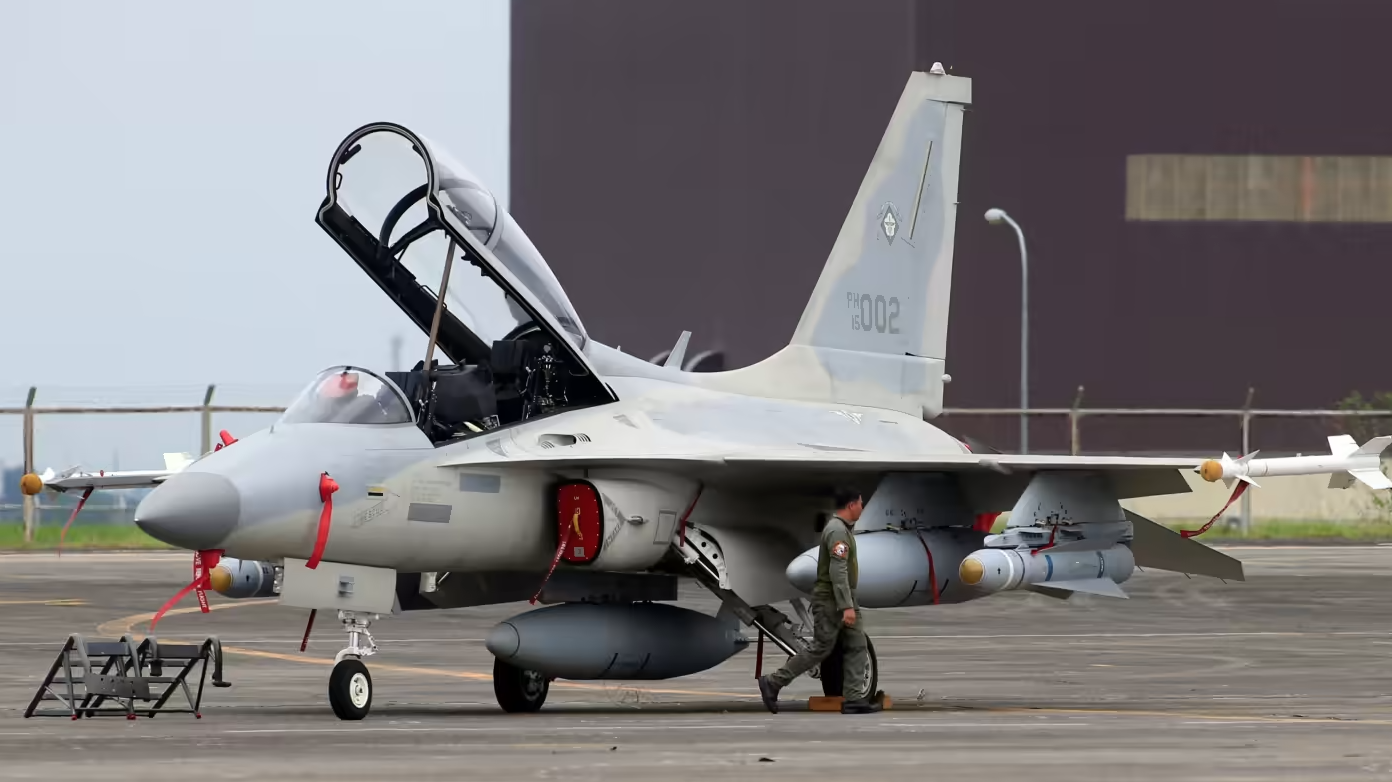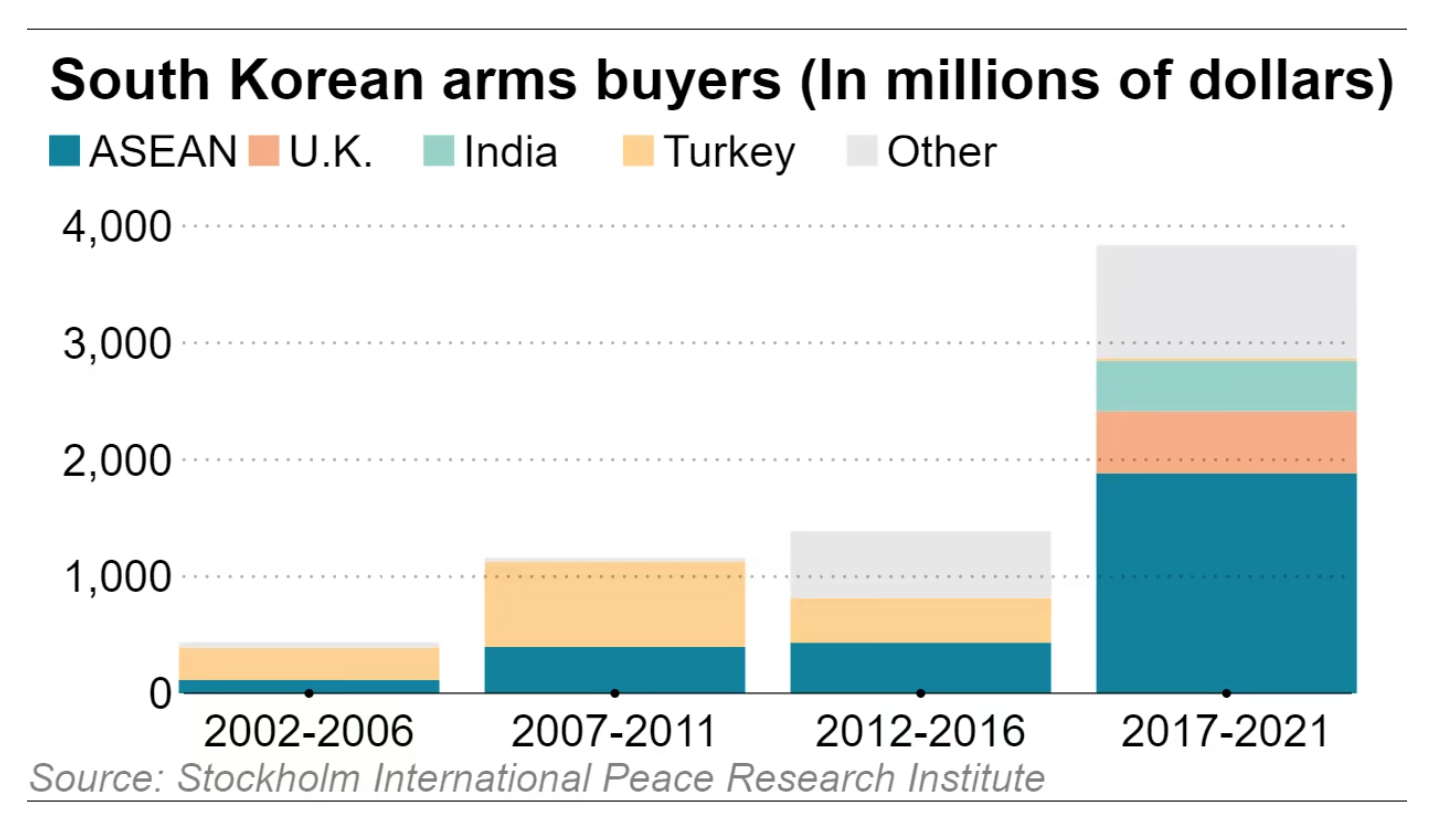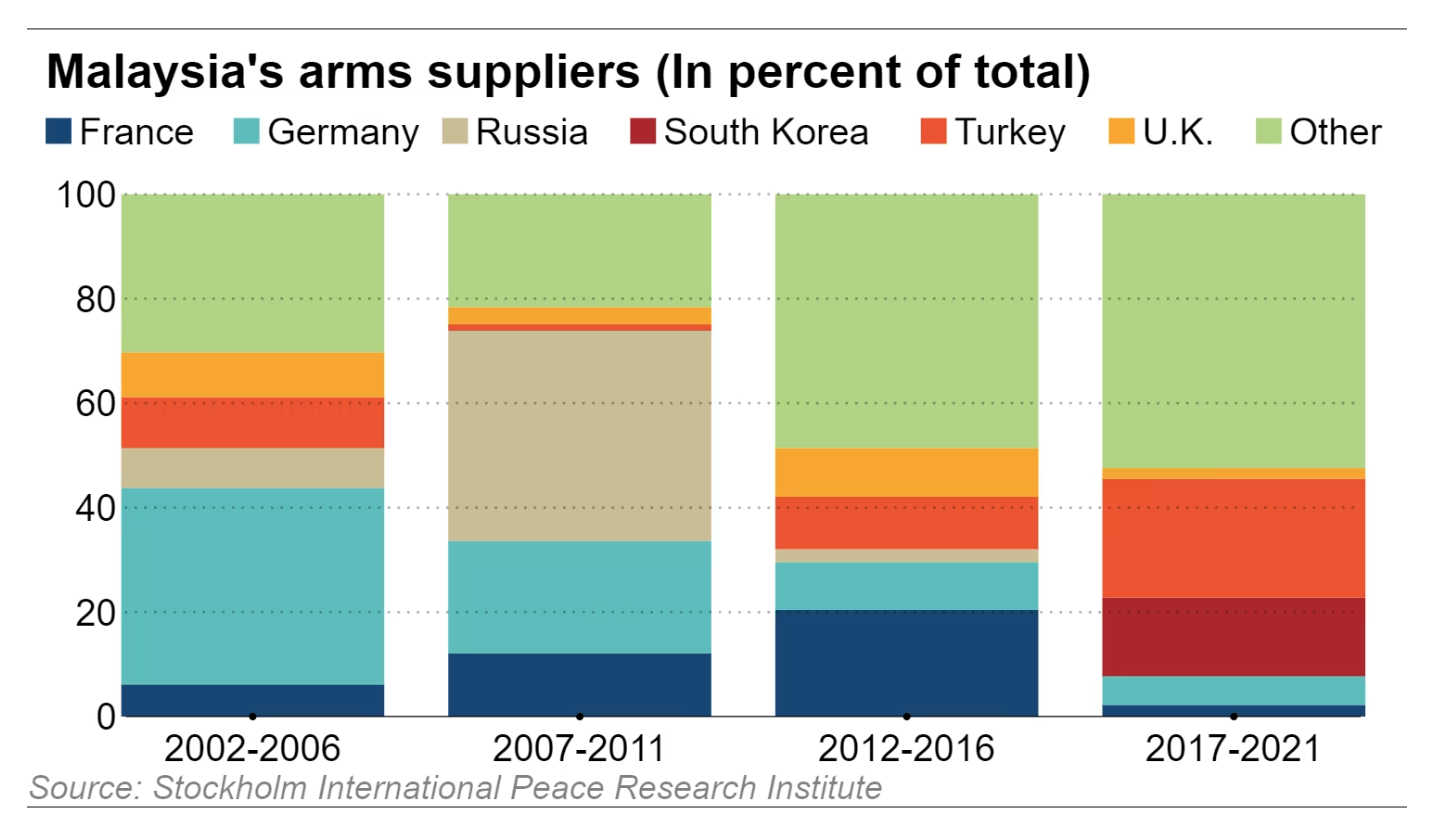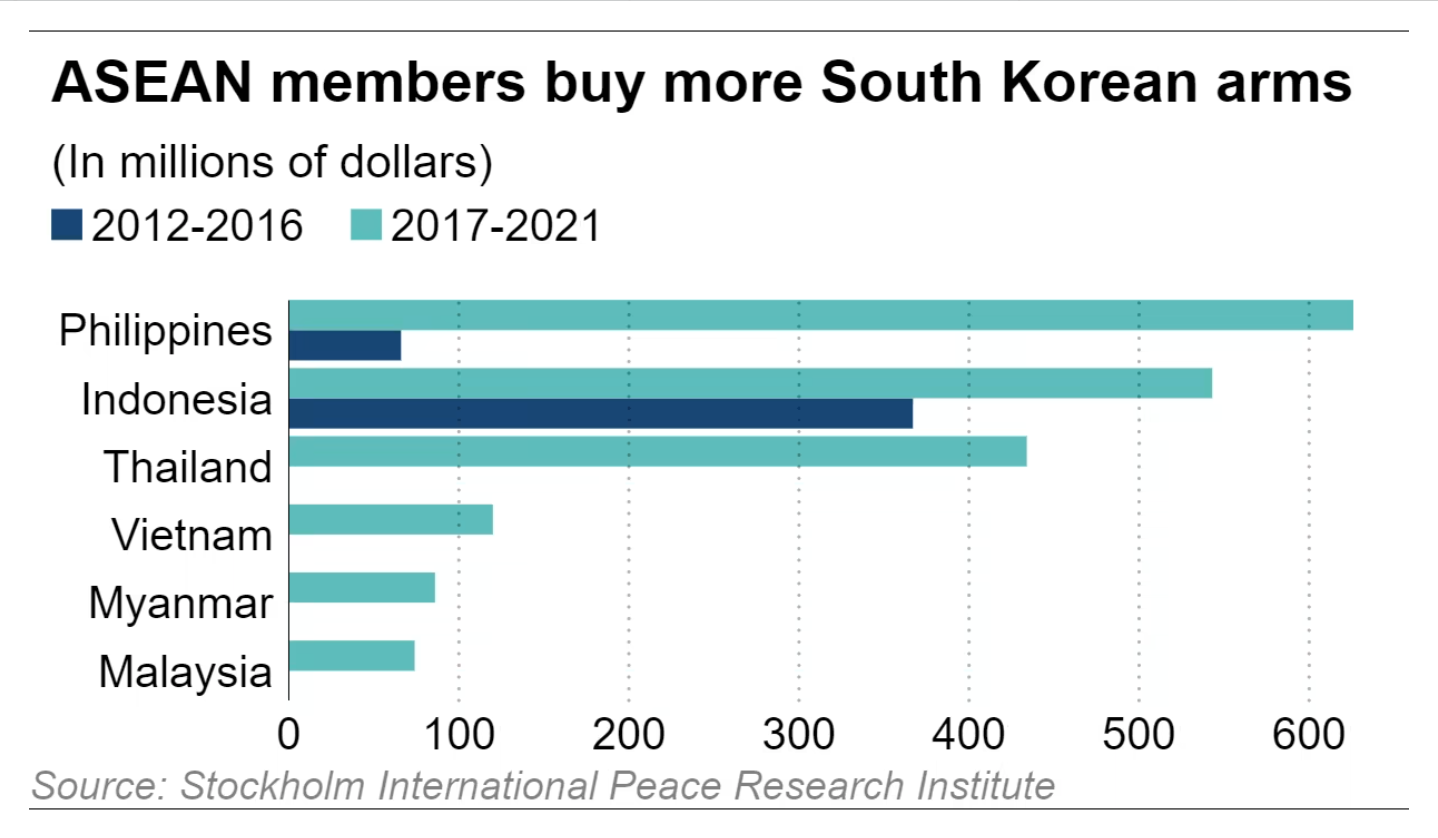
Photograph Source: U.S. Army Photo by Sgt. 1st Class John Etheridge – Public Domain
In January, the Philippine and US governments announced plans to allow U.S. military access to four additional bases in the Philippines. This agreement to base more U.S. military assets in the Philippines poses a threat to peace.
Signaled by Secretary of State Hillary Clinton writing in Foreign Policy in 2011, the Obama administration made a “pivot” from the Middle East to the Asia-Pacific.
Open markets in Asia provide the United States with unprecedented opportunities for investment, trade, and access to cutting-edge technology. Our economic recovery at home will depend on exports and the ability of American firms to tap into the vast and growing consumer base of Asia. Strategically, maintaining peace and security across the Asia-Pacific is increasingly crucial to global progress, whether through defending freedom of navigation in the South China Sea, countering the proliferation efforts of North Korea, or ensuring transparency in the military activities of the region’s key players….
[…] in Southeast Asia, we are renewing and strengthening our alliances with the Philippines and Thailand, increasing, for example, the number of ship visits to the Philippines and working to ensure the successful training of Filipino counter-terrorism forces through our Joint Special Operations Task Force in Mindanao. [1]
Thus, while economic interests (selling to the “consumer base”) are paramount, military means (the Orwellian “peace and security”) are employed. Fundamentally, the U.S. seeks to contain China in their inter-imperialist competition. By allowing the U.S. to place more military assets in the Philippines, the nation fulfills its client state role in the U.S. empire: to serve as bulwark and a staging area for military operations against China.
In the aftermath of the Yolanda/Haiyan typhoon of November 2013 (officially 6,300 deaths, 1,062 missing, and 28,688 injuries), the U.S. government deployed its military assets in humanitarian assistance and disaster relief (HADR). The effort to win over “hearts and minds” was explicit. Within days of the typhoon, in an opinion piece in U.S.A. Today, RAND Corporation political scientist Jonah Blank noted,
The best battle is the one you don’t have to fight. Most of the deployment of U.S. military resources is preventive: The U.S. stations troops throughout the world in the hope of shaping the political environment so as to avoid sending them into combat. . . . In these terms, deploying military resources for disaster relief is a remarkably effective — and inexpensive — investment in the future. [2]
That the U.S. response was intended, at least to some extent, to buoy public opinion of the U.S. among Filipinos became evident within six months of the typhoon. In April 2014, the Enhanced Defense Cooperation Agreement (EDCA) – allowing the U.S. military access to facilities in the Philippines, including the stationing of troops, and prepositioning of weaponry – was signed during a visit by President Obama to President Aquino. The current agreement for access to four additional bases is an extension of EDCA.
Subsequently the U.S. government has pursued an increasingly explicit confrontationist stance against China, escalating further under the Trump and Biden administrations. If anything, Democrats have been more hardline than Republicans, as demonstrated by Nancy Pelosi’s visit to Taiwan last August.
In sending military aid to Ukraine, the Biden administration has shown itself to be willing to risk a wider war, perhaps even nuclear war, in order to “weaken” (per Defense Secretary Lloyd Austin) Russia, another designated enemy. Since February 2022, the U.S. has sent more than $18 billion in military aid to Ukraine.[3] The Defense budget has grown by over 4 percent per year over the last two years,[4] and the arms industry saw its stock prices climb by 32% during 2022.[5] The military-industrial complex is benefiting handsomely from the war in Ukraine and from preparations for war against China in the Asia-Pacific. U.S. Air Force General Mike Minihan, who heads the Air Mobility Command, recently stated, “My gut tells me we will fight in 2025.”[6] Military analysts are constantly “gaming” scenarios. While some are tabletop exercises, others involve military forces and equipment. In April 2022, the US sent 5,000 troops to the Philippines for the yearly Balikatan war exercises. In July 2022, 38 warships, more than 170 aircraft, and some 25,000 personnel from more than two dozen countries converged on Hawaiʻi for the Rim of the Pacific (RIMPAC) exercises. Pointedly, China, which had been invited to participate in previous RIMPACs in 2014 and 2016, has been disinvited since 2018.[7]
During the Vietnam War, U.S. Naval Base Subic Bay and Clark Air Base were among the largest overseas U.S. military bases. The U.S. military presence in the Philippines was characterized by environmental contamination, the exploitation of women,and many documented human rights violations. According to a 1992 U.S. Government Accounting Office report on Subic Bay and Clark – highly carcinogenic polychlorinated biphenyls, banned in the U.S. in 1979, were used at Subic’s power plant. Only 25% of the five million gallons per day of sewage was treated. [8] The U.S. military presence was characterized by fuel spills and dumping of asbestos, mercury, lead, and other heavy metals, leading to asbestosis and other toxic health effects. [9] Reports of increased birth defects and problems such as kidney disease among the people living in the vicinity have not been adequately assessed, let alone compensated by the U.S. military. [10]. Red-light districts in Olongapo (on Subic Bay) and Angeles City (near Clark) burgeoned during the Vietnam War and were viewed as “rest and recreation” spots by U.S. servicemen. The servicemen thus came to view Filipina women as objects for sexual exploitation. Even after the closure of the Naval base, in Olongapo City in 2014 Jennifer Laude, a Filipina transwoman, was strangled and drowned in a toilet by the U.S. Marine Joseph Scott Pemberton after he had discovered that she was transgender.
Philippines President Ferdinand “Bongbong” Marcos Jr. is the son of the late dictator Ferdinand Marcos, who was president from 1965 and declared martial law in 1972. As a military ally of the U.S. the elder Marcos’s brutal regime received support from the U.S. He was deposed in February 1986 through the People Power Revolt, and the U.S. military was evicted from the Philippines in 1991. The Marcos Jr. regime has continued the Duterte regime’s “red-tagging” of civil society activists, labeling them communists so they can be detained, or made the targets of extrajudicial killings [11] By throwing open the Philippines to the U.S. military, Marcos Jr is posturing in a desperate attempt to gain international respectability within the U.S. orbit.
Progressive forces in the Philippines protested the arrival of US Defense Secretary Austin and called the building of new US bases a foreign military intervention. Renato Reyes of people’s alliance Bagong Alyansang Makabayan (Bayan) noted, “The matter of asserting Philippine sovereignty and sovereign rights rests with the Filipinos, not any foreign power.”[12] U.S. military presence in the Philippines makes it a target in a conflict, similarly to Taiwan, Guam, Okinawa, South Korea, and Japan. The people of Asia and the Pacific experienced enough war during the twentieth century. The Biden administration’s policy continues to prioritize U.S. strategic interests over human rights. Peace-loving citizens in solidarity with the Filipino people’s struggles are calling for an end to using American people’s tax dollars to fund the Philippine military. It is outrageous that the Biden administration pursues military dominance of the Asia-Pacific by re-building its military facilities in the Philippines.
We in Hawai‘i who support the call of the Filipino people do not want any more military abusers and murders and prostitution. We do not want World War III. We don’t want RIMPAC back in 2024. We want international peace and friendship. We reject U.S. military intervention in the Philippines!
Portions of this article previously appeared in “Hearts and Minds: Typhoon Yolanda/Haiyan and the Use of Humanitarian Assistance/Disaster Relief to Further Strategic Ends.” Social Medicine, 4 July 2017. https://www.socialmedicine.info/index.php/socialmedicine/article/view/916 and “Get U.S. Military Out of the Philippines.” Honolulu Star-Advertiser. 26 Feb 2023. https://twitter.com/seijihawaii/status/1629884677103271937
[1] Hillary Clinton. “America’s Pacific Century: The future of politics will be decided in Asia, not Afghanistan or Iraq, and the United States will be right at the center of the action,” Foreign Policy. 2011 Oct 11.http://www.foreignpolicy.com/articles/2011/10/11/americas_pacific_century.
[2] Jonah Blank. “How Philippines typhoon aid helps USA.” U.S.A. Today. 14 Nov 2013 http://www.usatoday.com/story/opinion/2013/11/11/philippines-typhoon-us-aid-column/3500637/
[3] Congressional Research Service (CRS), “U.S. Security Assistance to Ukraine,” 26 Jan 2023.https://crsreports.congress.gov/product/pdf/IF/IF12040
[4] Eric Lipton, Michael Crowley, John Ismay. “Military Spending Surges, Creating New Boom for Arms Makers,” New York Times, 12 Dec 2022. https://www.nytimes.com/2022/12/18/us/politics/defense-contractors-ukraine-russia.html
[5] Doug Cameron. “Why Ukraine Hasn’t Been a Boon to U.S. Defense Companies,” Wall Street Journal 31 Jan 2023.https://www.wsj.com/articles/why-ukraine-hasnt-been-a-boon-to-u-s-defense-companies-11675176026
[6] Idrees Ali, Ted Hesson. “U.S. four-star general Mike Minihan warns of war with China in 2025,” Reuters 28 Jan 2023. https://www.reuters.com/world/us-four-star-general-warns-war-with-china-2025-2023-01-28/
[7] Kevin Knodell, Navy expects 27 countries to attend RIMPAC this summer. Honolulu Star-Advertiser 23 Feb 2022. https://www.staradvertiser.com/2022/02/23/hawaii-news/navy-expects-27-countries-to-attend-rimpac-this-summer/
[8] U.S. General Accounting Office. Military Base Closures U.S. Financial Obligations in the Philippines. Jan 1992. https://www.gao.gov/assets/nsiad-92-51.pdf
[9] Center for Environmental Concerns. The Casualties of War. Dec 2017. Quezon City, PH.
[10] Ted Regencia. “Toxic trail shadows US-Philippine bases deal.” Al Jazeera, 28 Apr 2014. http://www.aljazeera.com/indepth/features/2014/04/toxic-trail-shadows-us-philippine-military-bases-deal-20144286574888208.html
[11] Investigate PH. https://ichrp.net/iph/
[12] Abby Boiser. “US pledges failed to stop Sino moves in WPS – Bayan.” Philippine Daily Inquirer, 4 Feb 2023.https://newsinfo.inquirer.net/1724830/us-pledges-failed-to-stop-sino-moves-in-wps-bayan/amp








